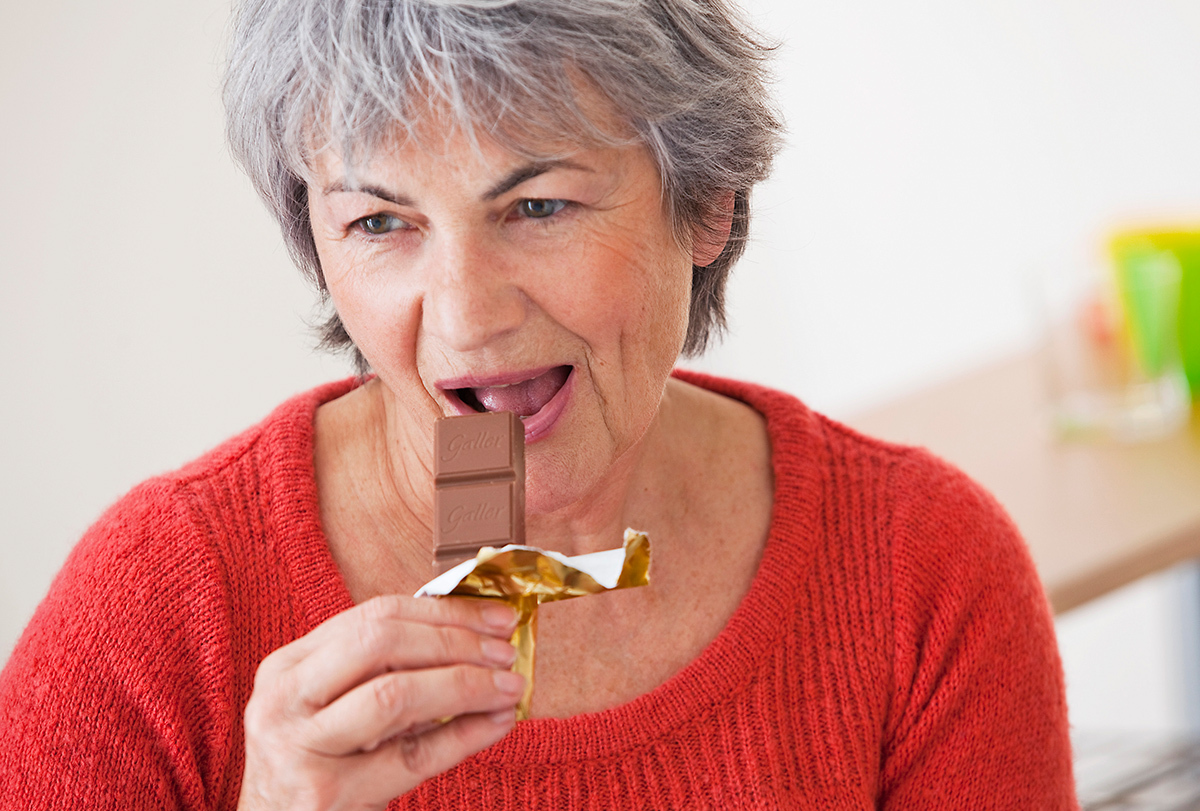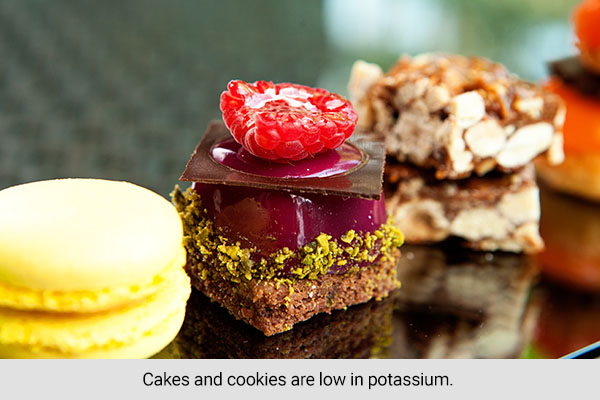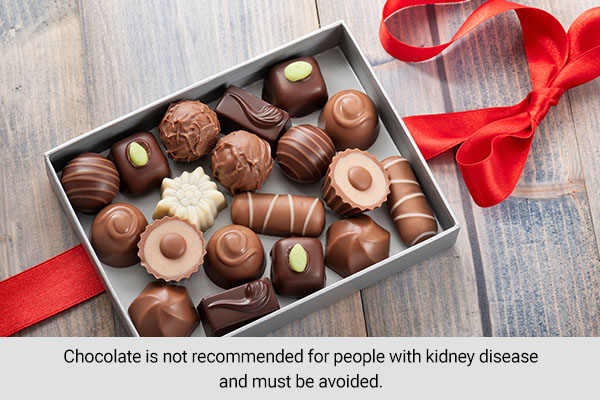In this article:
Kidney disease, whether chronic or acute, requires diet changes to manage the condition well. One of the most common risk factors for chronic kidney disease is diabetes, which damages kidney cells and can cause complications. (1)

Is it then safe for people with kidney diseases to indulge in desserts or sweets?
The short answer is it is better not to, whereas the long answer is if blood sugars are well balanced and the desserts are low in potassium, then an occasional sweet food is okay!
What Is Allowed?
1. A few servings per week
Research has linked the consumption of sugar and foods prepared from sugar as well as artificially sweetened food items and drinks to reduced kidney function and an increased risk of chronic kidney disease.
However, this relation was also dose dependent, meaning more than a few servings (up to 7) a week should be avoided. (2)
2. Low-potassium desserts/sweets

In healthy individuals, high potassium levels play a protective role in the kidneys by allowing the removal of excess sodium (in a sodium/potassium balance) and reducing the chance of heart diseases. (3)
However, people with kidney disease have a risk of hyperkalemia, when potassium levels rise in the body. This is due to the inability of the kidneys to function properly and excrete potassium well. Therefore, dietary recommendations include limiting potassium and potassium-rich foods. (4)
Cakes and cookies are usually low in potassium. However, read nutritional labels and consult a dietitian to identify the allowed intake.
3. Fruit-based desserts
Consumption of low-potassium fruits and vegetables that are high in fiber is recommended for people with kidney disease. (5)
Strawberries, blueberries, apples, pineapple, apricots, and plums are all low in potassium and can be used to make cakes, oatmeal, and tarts. They can also be stewed and consumed with minimal amounts of sugar.
Most-Asked Questions
Can people with kidney disease eat chocolates?

Chocolates (dark or milk) are rich in phosphorus and potassium. They are not recommended for people with kidney disease and must be avoided.
Can I buy store-bought biscuits and cookies?
Store-bought cookies can contain potassium and sodium that may be more than the allowed limit. Therefore, it is better to make all desserts and sweets at home.
What are some of the Indian sweets I can eat?
A dietitian can help modify traditional desserts to avoid ingredients that may be harmful. But sweets such as semolina (rava) laddo, porridge made from broken wheat, and Indian cookies (nankhatai) are all suitable options. Remember to limit their serving.
Final Word
In kidney disease, the functioning of the kidneys is compromised and reduced. For this reason, they cannot excrete potassium as well as a healthy kidney, and limiting the intake of this mineral is recommended.
Moreover, diabetes or unmanaged blood sugar levels can increase the risk of kidney disease or worsen its progression.
Therefore, it is recommended for patients with kidney disease to strictly limit their intake of desserts and sweetened drinks. If they chose to consume them, they must do so with caution and follow dietary guidelines.
- Was this article helpful?
- YES, THANKS!NOT REALLY


